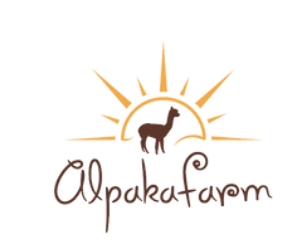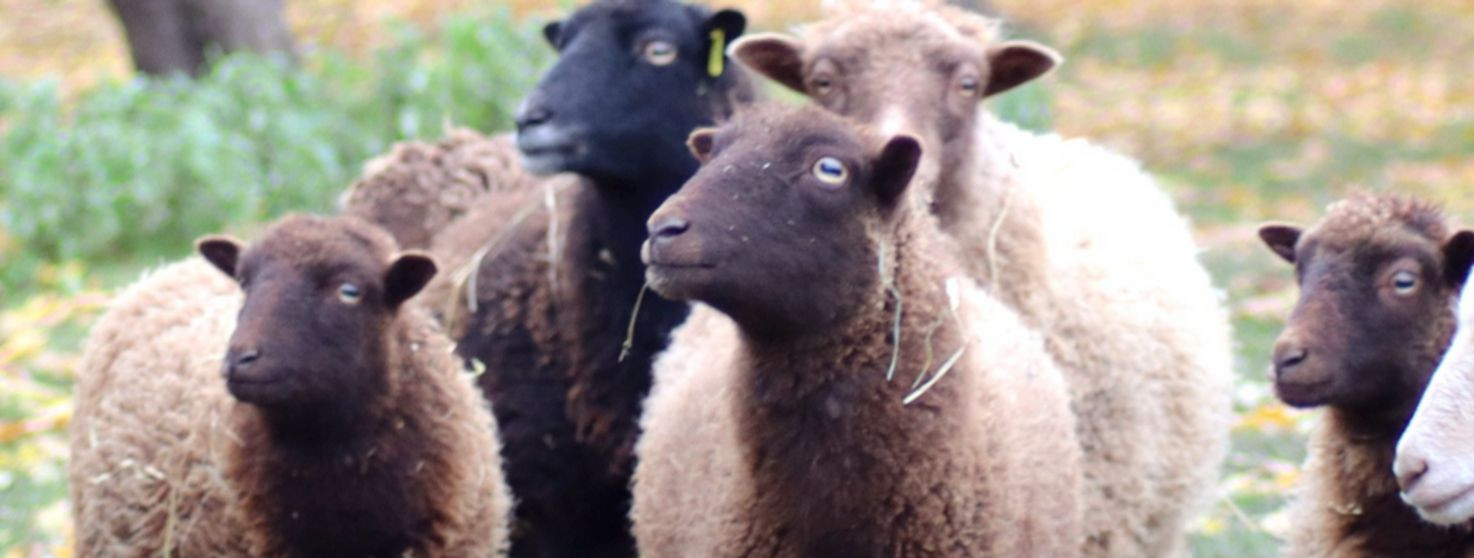Meet the ouessant: the world's smallest sheep
The Ouessant sheep, also known as the Breton Dwarf, is a breed that originates from the Île d'Ouessant, a small island off the coast of Brittany, France. These diminutive ovines have a rich history, with roots tracing back to the early domestication of sheep in Europe. They were primarily kept by the islanders for wool and meat, and their size was an adaptation to the harsh, resource-scarce environment of their native land.
Standing at a mere 18 to 20 inches tall at the shoulder, Ouessant sheep are indeed the world's smallest sheep breed. They possess a thick fleece that can come in a variety of colors, including black, brown, and white. Their small, sturdy frames and hardy nature make them well-suited to the rugged terrain of their ancestral home.
Understanding the Ouessant's Size
When compared to other sheep breeds, the Ouessant's size is notably smaller. For instance, the average height of a Merino sheep, known for its wool, is around 30 inches at the shoulder, which is significantly taller than the Ouessant. This size difference is a key characteristic that sets the Ouessant apart and piques the interest of sheep enthusiasts and farmers alike.
Several factors contribute to the small stature of the Ouessant sheep. The primary reason is their adaptation to the limited resources available on the Île d'Ouessant. Over generations, smaller sheep that required less food and could thrive in the island's conditions were naturally selected. This evolutionary process led to the petite size of the breed we see today.
The Habitat and Lifestyle of Ouessant Sheep
The natural habitat of the Ouessant sheep is one of rocky landscapes, coastal grasslands, and limited vegetation. Their island origin has shaped their behavior and lifestyle, making them excellent foragers who can make the most of sparse grazing opportunities.
Ouessant sheep are not picky eaters. They thrive on a diet of grasses, herbs, and other vegetation found in their natural habitat. Their ability to subsist on a diet that other sheep breeds might find insufficient is a testament to their hardiness and adaptability.
These sheep are known for their docile temperament and social nature. They form close-knit flocks and have a hierarchical social structure, which helps them navigate their environment and forage efficiently.
Ouessant Sheep and Biodiversity
Ouessant sheep play a significant role in their ecosystems by grazing, which helps maintain and shape the landscape. Their grazing habits can prevent overgrowth and promote biodiversity by allowing a variety of plant species to flourish.
While not currently listed as endangered, the Ouessant sheep is considered a rare breed. Conservation efforts are important to maintain genetic diversity and to ensure the survival of this unique breed for future generations.
Ouessant Sheep in Agriculture and Farming
Due to their small size and minimal grazing needs, Ouessant sheep are an excellent choice for small-scale farming and sustainable agriculture. They are also prized for their wool, which is of high quality and can be spun into yarn for knitting and weaving.
While there are many advantages to raising Ouessant sheep, potential farmers should consider the challenges. These include the need for secure fencing due to their small size and potential vulnerability to predators, as well as the limited availability of breeding stock.
Interacting with Ouessant Sheep
Visiting a farm that raises Ouessant sheep can provide valuable educational opportunities for families, students, and nature enthusiasts. Learning about their history, care, and role in agriculture offers insights into sustainable farming practices and animal husbandry.
The gentle nature of Ouessant sheep makes them ideal for therapeutic interactions. Spending time with these animals can have calming effects, making them suitable for therapy programs and for individuals seeking a peaceful experience with nature.
For those interested in experiencing the charm of the world's smallest sheep, a visit to a farm like ALPAKAFARM OÜ offers a unique opportunity. It's a chance to get up close and personal with these fascinating creatures, learn about their care, and even participate in farm activities.






Comments (0)